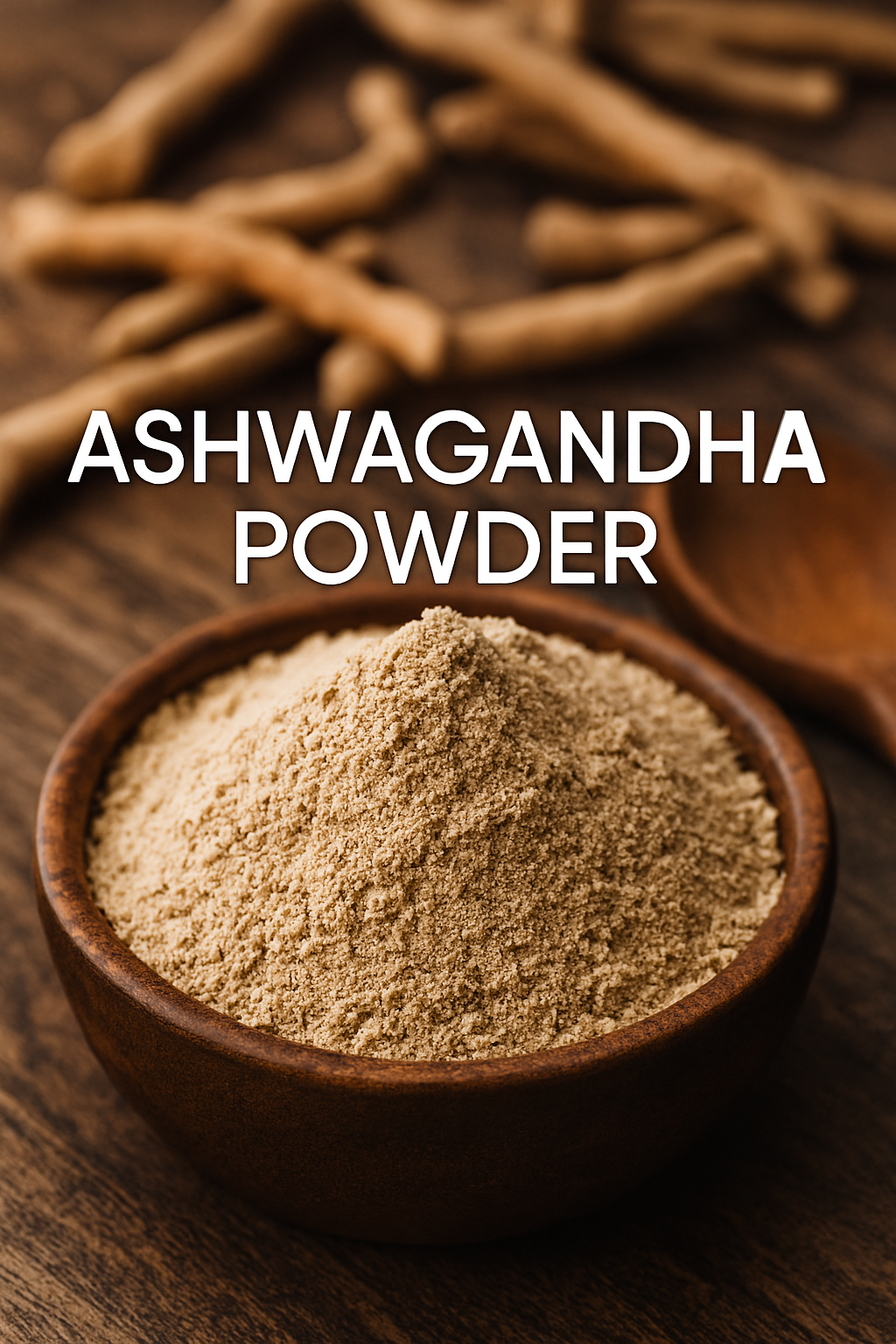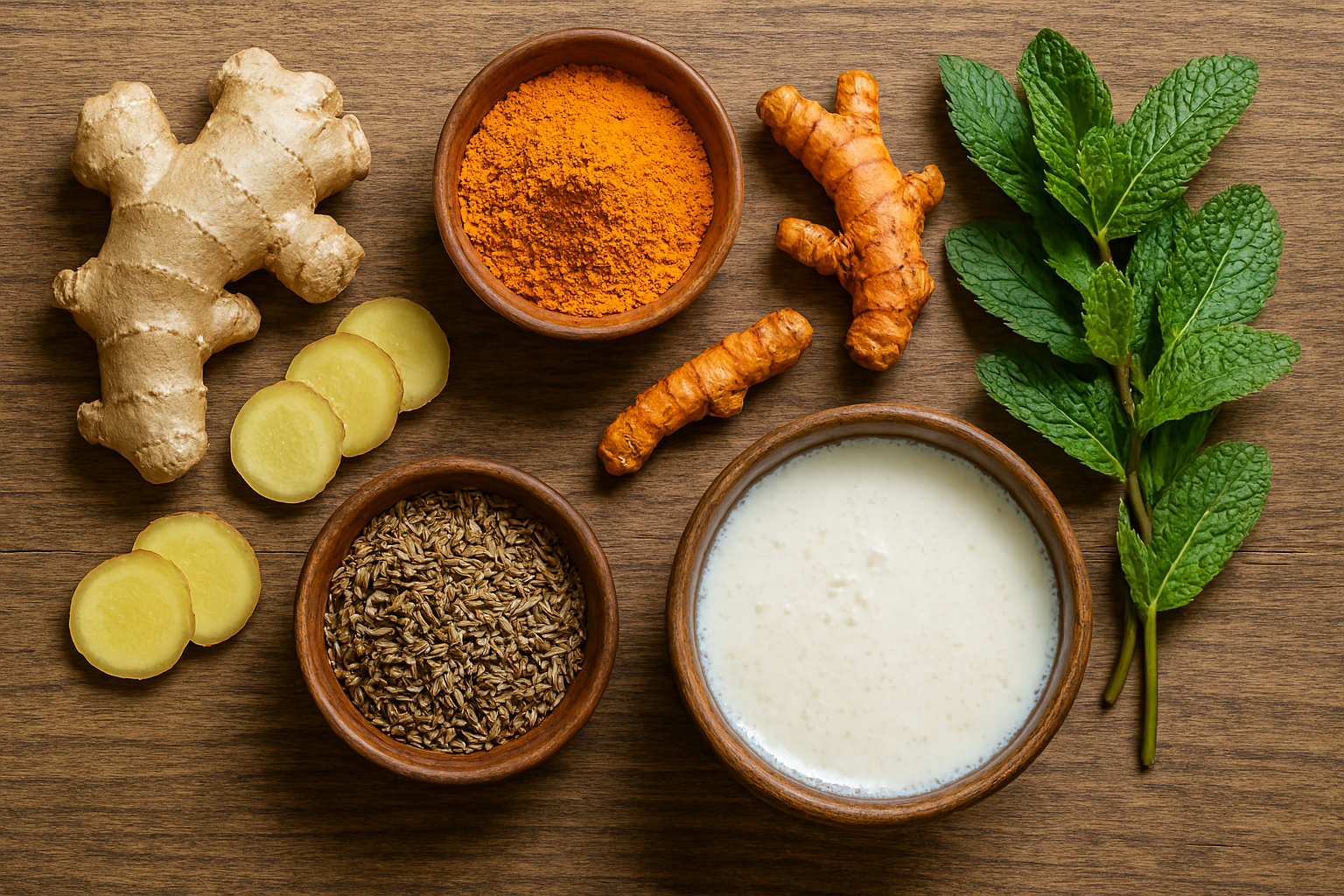Living with Irritable Bowel Syndrome (IBS) can be challenging. The unpredictable discomfort, bloating, and irregular bowel habits can disrupt daily life, leaving you exhausted and stressed. Ayurveda offers a holistic approach to manage IBS by restoring the digestive fire (Agni), pacifying aggravated doshas, and avoiding foods that trigger symptoms.
With dietary adjustments, mindful practices, and lifestyle modifications, you can soothe IBS symptoms, improve digestion, and boost overall energy.
The Root Cause: Imbalanced Agni
In Ayurveda, the digestive system’s health is central to overall well-being. The term “Grahani” refers to the digestive organ’s ability to retain and process food efficiently, which depends on strong Agni (digestive fire).
When Agni is weak or imbalanced:
- Digestion becomes inefficient
- Toxins (Ama) accumulate
- IBS symptoms such as bloating, abdominal discomfort, irregular bowel movements, indigestion, and nausea appear
Poor diet, sedentary lifestyle, stress, and irregular eating habits are common causes of Agni imbalance. Strengthening Agni and avoiding foods that aggravate IBS are key steps toward recovery.
Foods to Avoid with IBS
Ayurveda classifies certain foods and eating habits as Apathya (unwholesome), which can worsen IBS:
Eating Patterns to Avoid
- Irregular meals: Skipping meals, overeating, or eating before the previous meal is digested
- Incompatible combinations: Foods not suited to your constitution, season, or time of day
Foods to Avoid
- Heavy, cold, dry, or stale foods – hard-to-digest meals weaken Agni
- Junk or processed foods – high in unhealthy fats, sugar, and artificial additives
- Excessive tastes – overly sweet, sour, salty, or pungent foods can aggravate symptoms
- Non-vegetarian foods and alcohol – these may trigger digestive issues
Specific Apathya Foods According to Ayurveda
- Cereals: Wheat (Godhuma), Barley (Yava)
- Pulses: Black gram (Masha), Kidney beans (Rajamasha), Flat beans (Nishpava), Green peas (Kalaaya)
- Meats: Dry meats (Shushka Mamsa)
- Fruits: Grapes (Draksha), Areca nut (Poogaphala), Indian jujube (Badara)
- Dairy: Milk (Paya), curd (Dadhi); buttermilk (Takra) is recommended
- Oils: Sesame oil (Tila)
- Vegetables: Certain leafy greens (Pathrasakha) and root vegetables (Kanda)
- Food Preparations: Heavy or medicated curd dishes, flour cakes (Apoopa)
Recommended Foods for IBS
Ayurveda suggests light, easy-to-digest foods to strengthen Agni and reduce Ama:
General Principles
- Opt for light (Laghu), dry (Ruksha), Agni-enhancing (Deepana), and digestible (Pachana) foods
- Favor astringent (Kashaya), sweet (Madhura), and pungent (Katu) tastes
- Consume foods warm (Ushna potency) and regularly
Key Food Recommendations
- Buttermilk (Takra): Twice daily with cumin, dry ginger, and rock salt
- Cereals & Gruels: Red rice, old rice, thin rice water (Laja Manda), thick rice gruel (Vilepi), semi-thick porridge (Yavagu)
- Pulses: Green gram, horse gram, red gram, pigeon peas (in moderation)
- Fruits: Pomegranate, wood apple, banana, jamun, pineapple, papaya, oranges, lemons
- Vegetables: Ash gourd, spinach (wild & common), black nightshade
- Spices & Herbs: Ginger (with warm water and lemon), nutmeg, fennel, carom seeds, rock salt
- Others: Light vegetable soups, small amounts of ghee
Lifestyle Practices for IBS
Diet alone is not enough—lifestyle modifications are equally crucial:
- Avoid excessive sitting; maintain physical activity
- Leave a gap between dinner and sleep; avoid daytime naps
- Practice yoga postures: Bhujangasana, Mayurasana, Paschimottanasana, Matsyendrasana, Sarvangasana
- Use pranayama techniques: Anuloma Viloma to reduce stress and enhance digestion
- Manage emotions; avoid fear, excessive thinking, or sadness that can disrupt Agni
Conclusion
Ayurvedic management of IBS (Grahani Roga) focuses on restoring Agni, reducing Ama, and avoiding triggering foods. By adopting mindful eating habits, light and digestible foods, and supportive lifestyle practices, you can significantly improve digestive health and relieve IBS symptoms.
Ayurveda reminds us that “prevention is better than cure,” and the right foods are often the best medicine for a healthy, balanced digestive system.




